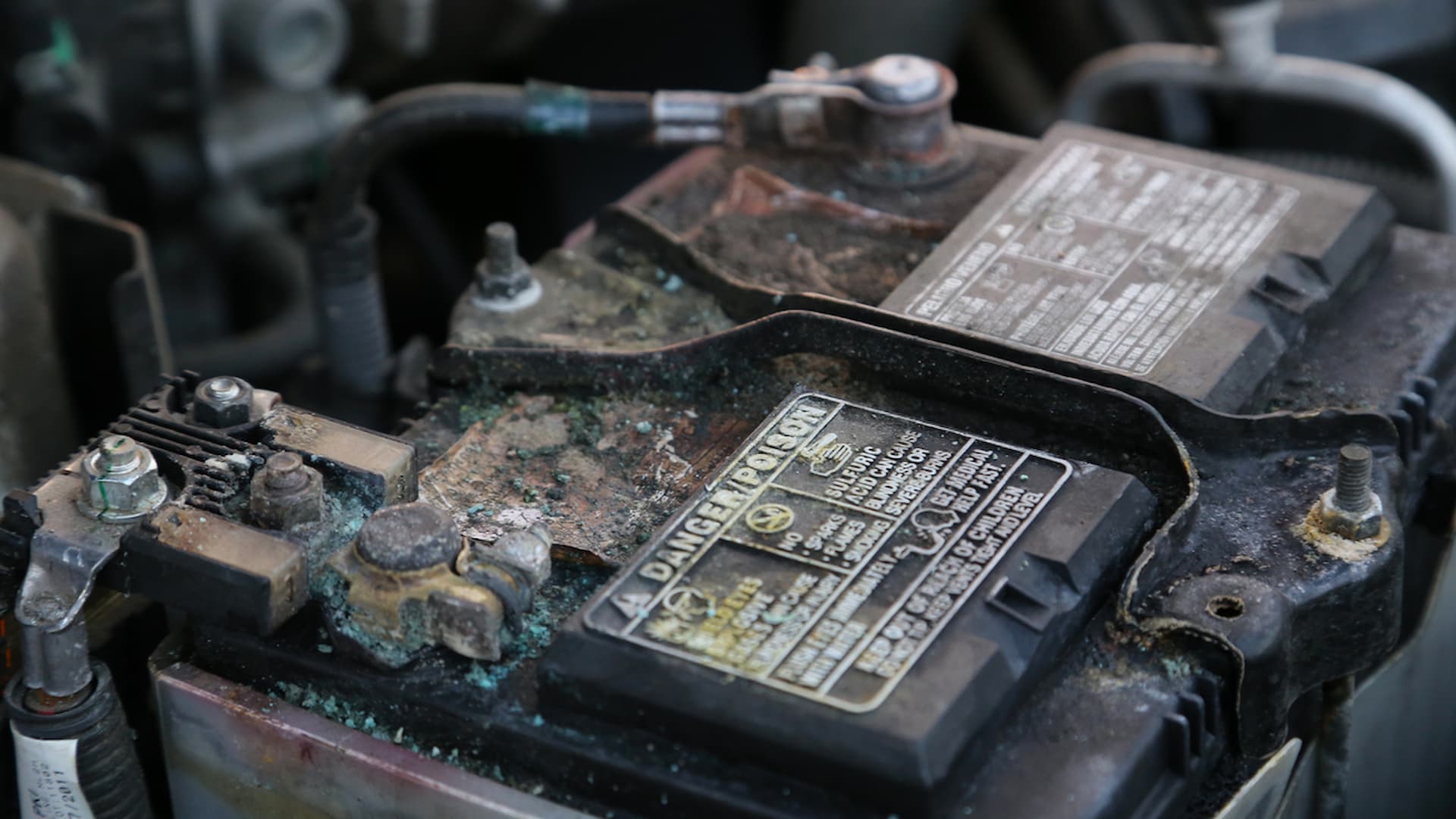Toyota Sequoia Engine Valves Adjustment Costs
Our mobile mechanics bring the shop to you 7 days a week.
Get a quote today for your Toyota Sequoia

Find Your Cost
Toyota Sequoia Engine Valves Adjustment Costs
AutoNation Mobile Service offers upfront and competitive pricing. The average cost for Toyota Sequoia Engine Valves Adjustment is $212. Drop it off at our shop and pick it up a few hours later, or save time and have our Delivery mechanics come to you.
Car
Location
Price

2008 Toyota Sequoia
5.7L V8 Platinum •
94,000 miles
,
CA 92253
$184 -
$224

2012 Toyota Sequoia
5.7L V8 Limited •
29,000 miles
,
CA 91306
$185 -
$227

2019 Toyota Sequoia
5.7L V8 Platinum •
14,000 miles
,
CA 95023
$206 -
$252

2016 Toyota Sequoia
5.7L V8 SR5 •
37,000 miles
,
CA 92309
$189 -
$231

2008 Toyota Sequoia
5.7L V8 Platinum •
47,000 miles
,
CA 90242
$208 -
$254

2018 Toyota Sequoia
5.7L V8 TRD Sport •
16,000 miles
,
NV 89403
$199 -
$243

2015 Toyota Sequoia
5.7L V8 SR5 •
19,000 miles
,
CA 92091
$191 -
$233

2018 Toyota Sequoia
5.7L V8 TRD Sport •
22,000 miles
,
CA 92504
$190 -
$232

2018 Toyota Sequoia
5.7L V8 Platinum •
31,000 miles
,
CA 94508
$183 -
$223

2012 Toyota Sequoia
4.6L V8 SR5 •
123,000 miles
,
CA 95652
$173 -
$211
Why AutoNation Mobile Service?
We perform over 600 repair and maintenance services including oil changes, brakes, diagnostics, belts and hoses, and more. The best part? We come to you with all the necessary tools and parts.






